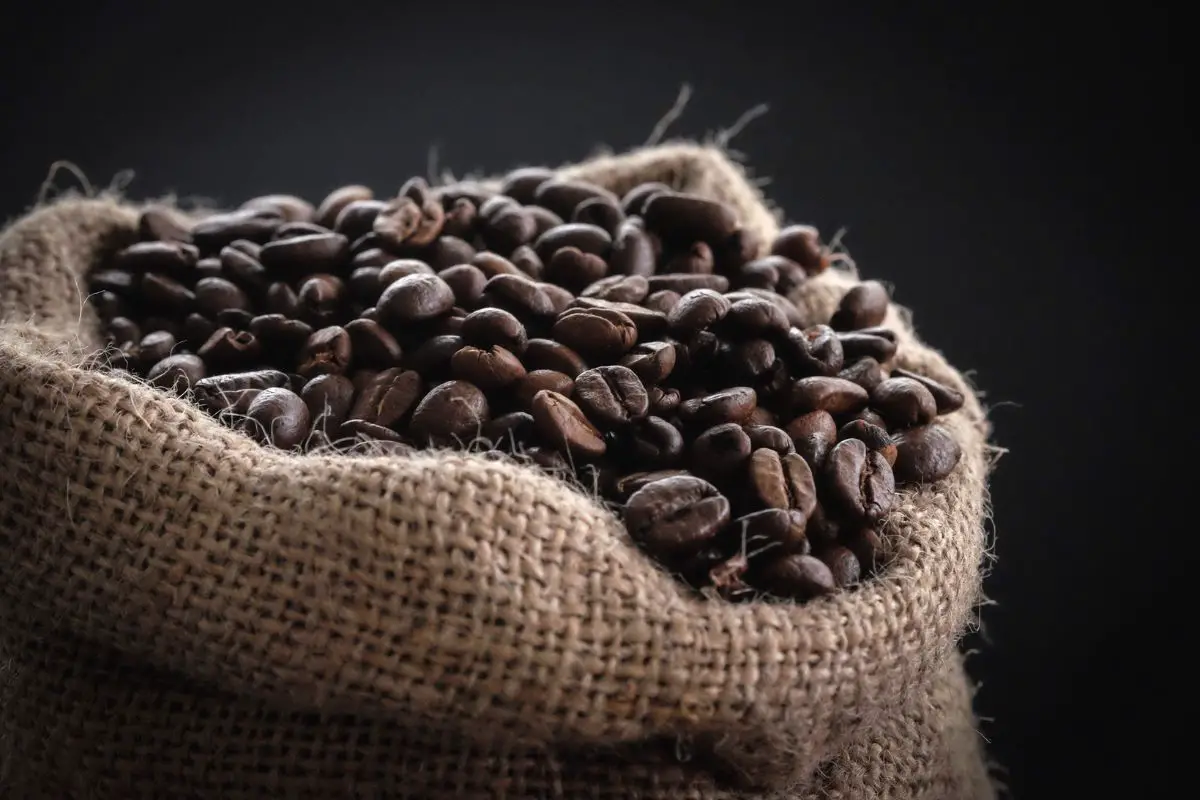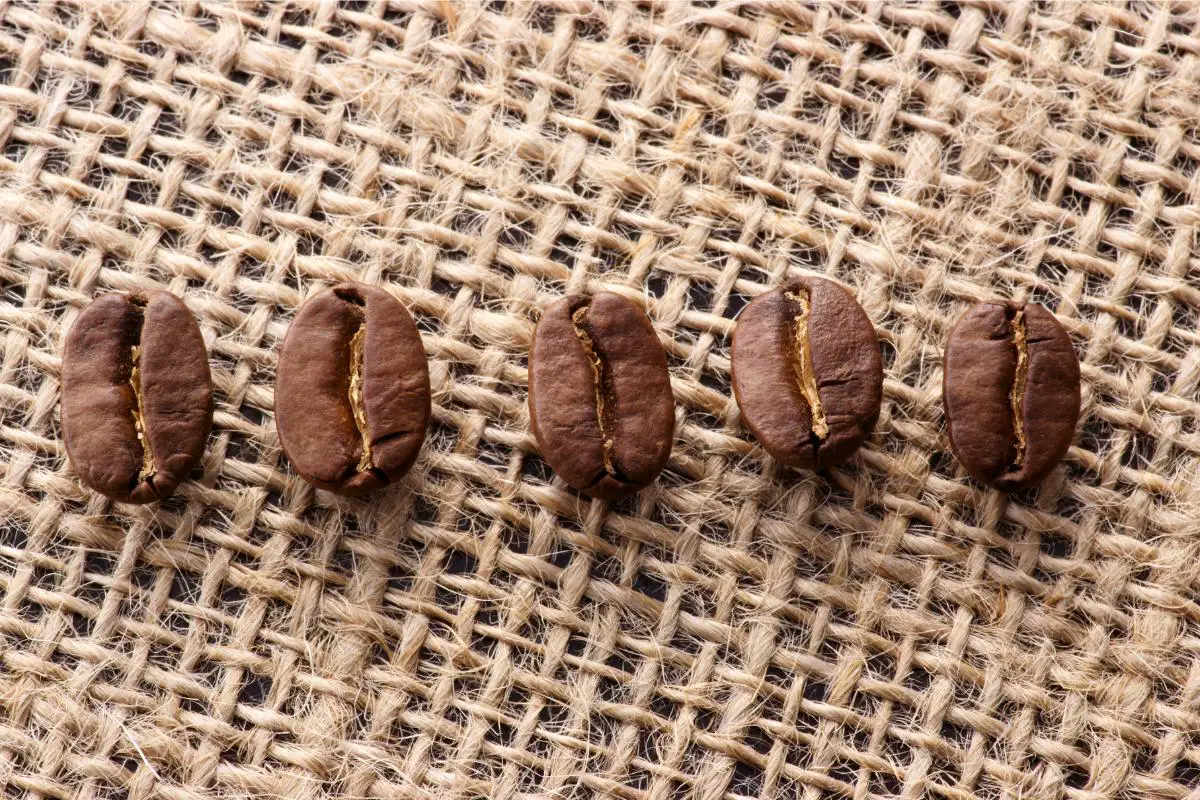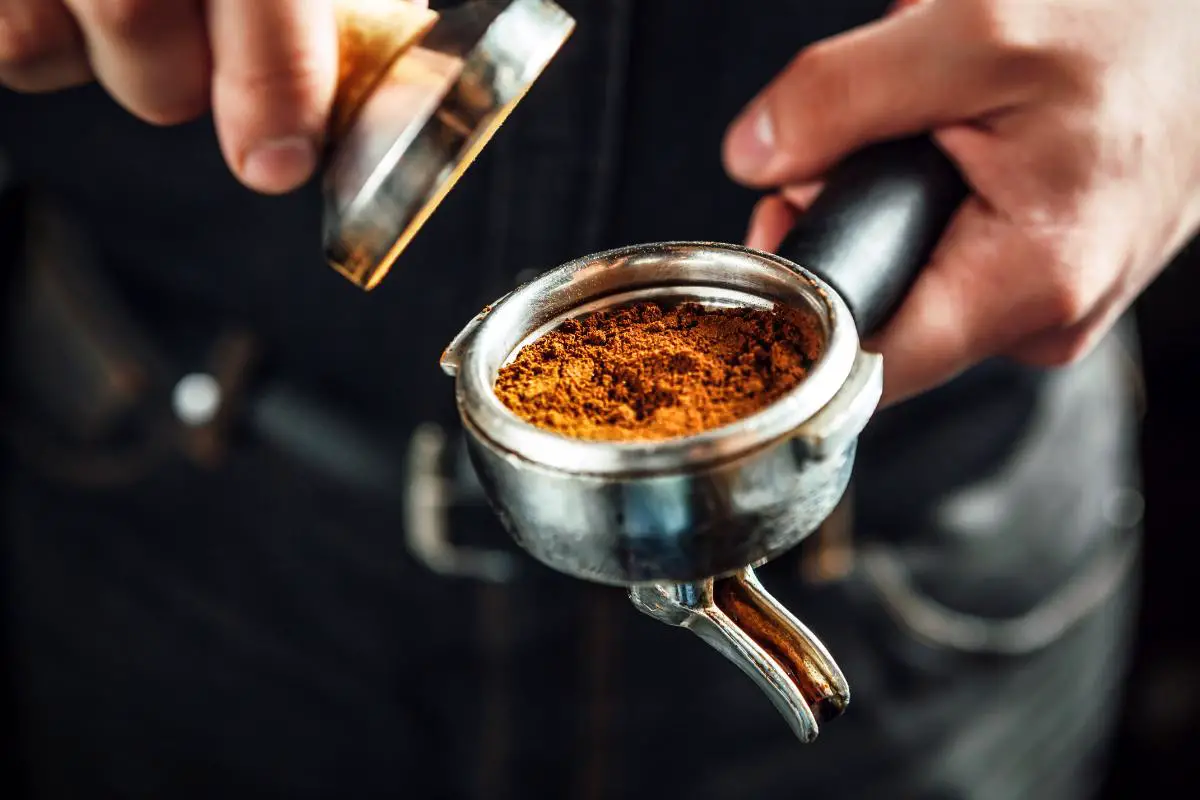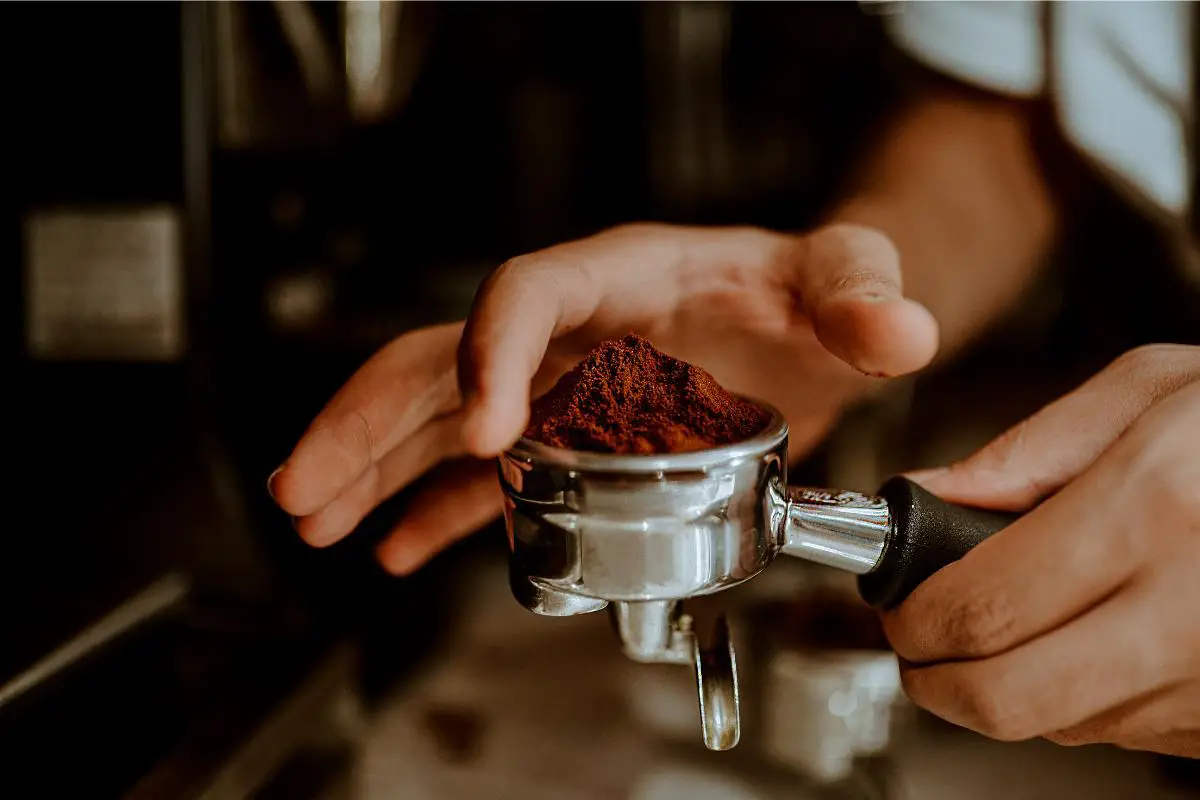This post will cover everything you need to know about what is aged coffee
We will be including its history, types, flavour profile, brewing methods and where to buy it.
So whether you’re a coffee enthusiast or just looking to try something new, aged coffee is a must-try for any coffee lover.
So, let’s dive in and discover the world of aged coffee and unlock a new realm of flavour.
Table of Contents
What is Aged Coffee?
Aged coffee is coffee that has been stored or aged for a period of time, usually several years.
During this ageing process, the coffee beans go through a series of chemical changes that result in a unique and complex flavour profile.
History
The history of aged coffee can be traced back to the early days of the coffee trade, where beans were stored in wooden barrels on ships for long periods of time during transport.
The beans would absorb the flavours and aromas of the barrel, resulting in a distinct taste.
This accidental ageing process was the first known method of ageing coffee and it was a way to preserve the beans during long journeys.
The beans would be stored in barrels on ships and would be aged as they travelled across the seas.
As the coffee trade developed and expanded, this coffee became more of a deliberate process.
In the 19th century, some coffee merchants began ageing coffee in warehouses to improve the flavour of the beans.
They discovered that ageing coffee in a controlled environment could lead to a more consistent and desirable taste.
The beans were stored in wooden barrels and were aged for several months to a year.
This method was used to improve the quality of coffee beans and make them more desirable to consumers.
Today, coffee ageing is done intentionally and controlled in warehouses, allowing for more precise and consistent results.
Coffee beans are aged for several years, and the ageing process is closely monitored and controlled to ensure that the beans are exposed to the perfect conditions for ageing.
The result is a unique and complex flavour profile that is different from regular coffee.
Aged coffee has become a sought-after specialty coffee, enjoyed by coffee connoisseurs and enthusiasts around the world.
What Are The Different Types Of Aged Coffee?
There are two main types of aged coffee: naturally aged and artificially aged.
- Naturally aged coffee: is stored in a controlled environment, usually a warehouse, without any added flavours or chemicals. The coffee beans are left to age on their own, resulting in a unique and complex flavour profile.
- Artificially aged coffee: on the other hand, artificially aged coffee is stored with added flavours or chemicals to speed up the ageing process. This type of coffee is often used to mimic the taste of naturally aged coffee.

What Does Aged Coffee Taste Like?
Aged coffee has a unique and complex flavour profile that is different from regular coffee.
It is often described as having notes of dark chocolate, tobacco, leather, and even wine.
The ageing process also decreases the acidity and bitterness of the coffee, resulting in a smoother and richer taste.
How to Brew Aged Coffee?
Brewing with these beans is a bit different from brewing regular coffee, as it requires a specific brewing method to bring out the unique and complex flavour profile of the beans.
The best way to brew this coffee is to use a strong brewing method such as espresso or French press.
These methods will extract the most flavour from the beans and bring out the notes of dark chocolate, tobacco, leather, and even wine that are characteristic of aged coffee.
When brewing the coffee using an espresso machine, it’s important to use a high-quality espresso blend with a medium-dark roast.
This roast will bring out the rich, complex flavours of the aged coffee, and the espresso machine will extract the most flavour from the beans.
A French press is another great option, it’s a simple and easy method that allows you to control the brewing process and extract the most flavour from the beans.
It’s also recommended to use coarsely ground beans and let the coffee steep for a few minutes to get the best flavour.
Finally, it’s also important to note that this type of coffee has lower acidity and bitterness than regular coffee, so it’s more suitable for those who don’t like bitter coffee.
Using a pour-over method can also bring out the flavours, but the result may be less smooth than the espresso or French press method.
Where to Buy Aged Coffee?
The coffee can be found at specialty coffee shops or online retailers.
It is important to make sure that the coffee has been aged naturally and not artificially.
Note: Aged coffee beans are highly expensive, because of the process it goes through, so it’s not for everyone.
How Should I Store Aged Coffee?
Storing aged coffee properly is crucial to preserving its unique and complex flavour profile.
The key to storing coffee is to keep it in a cool, dry, and dark place. This helps to prevent moisture and light from affecting the flavour of the beans.
One of the most important things to consider when storing aged coffee is temperature.
It should be stored at a temperature between 60-70°F (15-21°C).
This helps to prevent the beans from becoming too dry or too moist, which can negatively impact the flavour.

Avoid storing the coffee in a place where temperatures fluctuate, such as near a window or near a heating or cooling vent.
Another important aspect of storage is to keep it in an airtight container.
This helps to keep the beans fresh and prevents them from absorbing any unwanted flavours or aromas.
Glass or ceramic containers with airtight lids work well, but avoid using plastic containers as they tend to absorb the coffee’s aroma.
Finally, it’s also recommended to store the coffee in small batches, so you can consume it within a year.
While this type of coffee can stay fresh for several years if stored correctly, it’s best to consume it within a year to ensure the best taste.
Frequently Asked Questions

A. This coffee is usually stored for several years.
A. It is possible to age coffee beans at home, but it requires a controlled environment and a significant amount of time.
A. It can affect the caffeine content, but it is not significant enough to notice a difference in the taste.
A. Regular coffee beans can be used for ageing, but the best results are achieved with high-quality beans that are well-suited for ageing
Conclusion
Aged coffee is a unique and delicious way to elevate your coffee game.
Its complex flavour profile and smooth taste make it a one-of-a-kind experience.
With the right brewing method and high-quality beans, this unique coffee can take your morning cup of joe to the next level.
If you enjoyed this article, read more like this by checking out our Specialty Coffee Beginners Guides.






